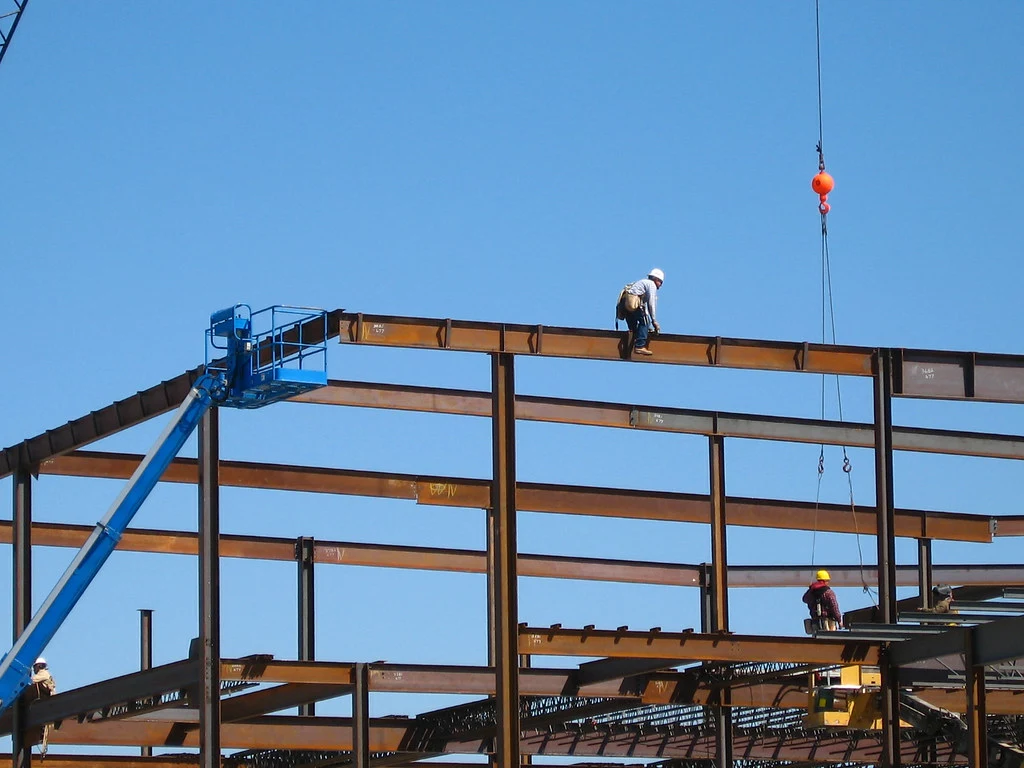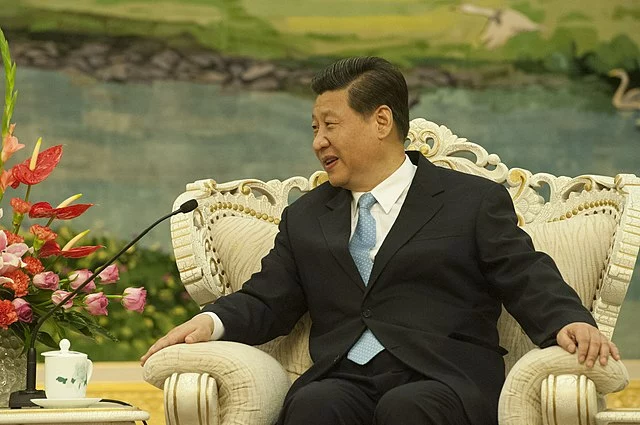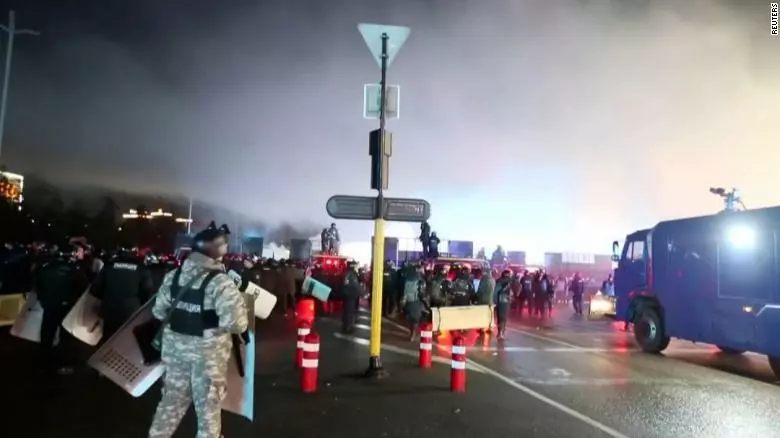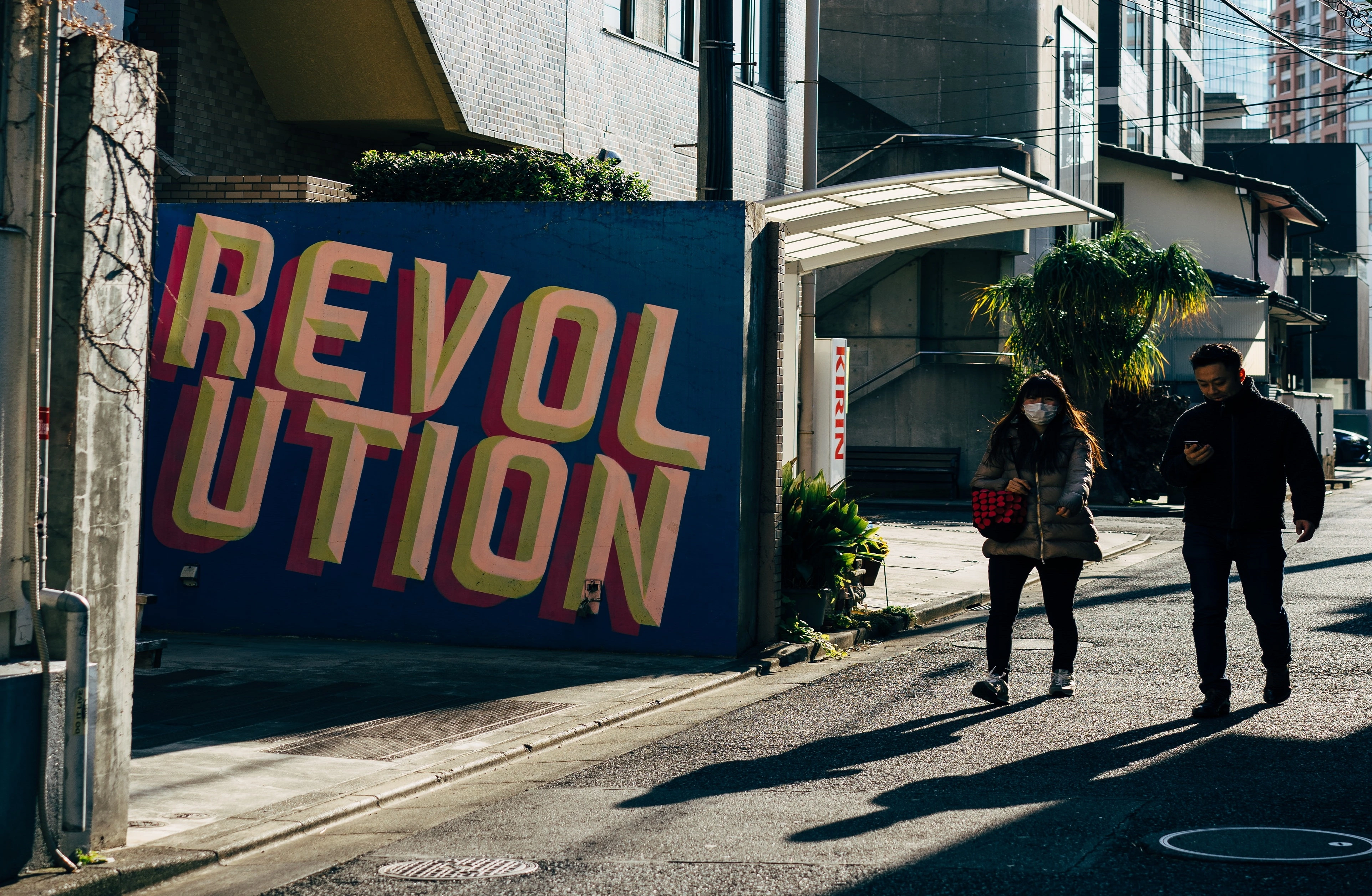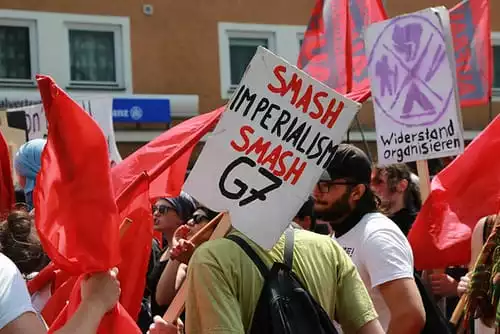I. The Origins of Internationalism
After its first meeting, on September 28, 1864, the International Working Men’s Association (better known as the “First International”) quickly aroused passions all over Europe. It made class solidarity a shared ideal and inspired large numbers of women and men to struggle against exploitation. Thanks to its activity, workers were able to gain a clearer understanding of the mechanisms of the capitalist mode of production, to become more aware of their own strength, and to develop new, more advanced forms of struggle for their rights. When it was founded, the central driving force of the International was British trade unionism, the leaders of which were mainly interested in economic questions. They fought to improve the workers’ conditions, but without calling capitalism into question. Hence, they conceived the International primarily as an instrument to prevent the import of manpower from abroad in the event of strikes. The second group in importance withinf the International were the mutualists, long dominant in France. In keeping with the theories of Pierre-Joseph Proudhon, they opposed any working-class involvement in politics, and the strike as a weapon of struggle. Then there were the Communists, opposing the existing system of production and espousing the necessity of political action to overthrow it. At its founding, the ranks of the International also included a number of workers inspired by utopian theories, and exiles having vaguely democratic ideas and cross-class conception who considered the International as an instrument for the issuing of general appeals for the liberation of oppressed peoples. Therefore, in the beginning, the International was an organization in which coexisted different political traditions and in which the majority of them were reformist and not revolutionary.
Securing the cohabitation of all these currents in the International, around a programme so distant from the approaches with which each had started out, was Karl Marx’s greatest political accomplishment. His political talents enabled him to reconcile the seemingly irreconcilable. It was Marx who gave a clear purpose to the International, and who achieved a non-exclusionary, yet firmly working class-based, political programme that won it mass support beyond sectarianism. Marx was the political soul of its General Council (the body that worked out a unifying synthesis of the various tendencies and issued guidelines for the organization as a whole), he drafted all its main resolutions and prepared almost all its congress reports.
Nevertheless, despite the impression later created by the Soviet Union’s propaganda, this organisation was much more than a single individual, even one as brilliant as Marx. It was a vast social and political movement for the emancipation of the working classes; not, as it has often been written, the “creation of Marx”. The International was made possible first of all by the labour movement’s struggles in the 1860s. One of its basic rules – and the fundamental distinction from previous labour organisations – was “that the emancipation of the working classes must be conquered by the working classes themselves”. The view that Marx mechanically applied to the stage of history a political theory already forged in the confines of his study is divorced from the historical reality. Marx was essential to the International, but also the International had a very positive impact on Marx. Being directly involved in workers’ struggles, Marx was stimulated to develop and sometimes revise his ideas, to put old certainties up for discussion and ask himself new questions, and to sharpen his critique of capitalism by drawing the broad outlines of a communist society.
II. Theories and Struggles
The late Sixties and early Seventies in the 19th century were a period rife with social conflicts in Europe. Many workers who took part in protest actions decided to make contact with the International, whose reputation quickly spread. From 1866 on, strikes intensified in many countries and formed the core of a new and important wave of mobilisations. The International was essential in struggles that were won by workers in France, Belgium and Switzerland. The scenario was the same in many of these conflicts: workers in other countries raised funds in support of the strikers and agreed not to accept work that would have turned them into industrial mercenaries. As a result, the bosses were forced to compromise on many of the strikers’ demands. These advances were greatly favoured by the diffusion of newspapers that either sympathised with the ideas of the International or were veritable organs of the General Council. Both contributed to the development of class consciousness and the rapid circulation of news concerning the activity of the International.
Across Europe, the Association developed an efficient organisational structure and increased the number of its members (150,000 at the peak moment). For all the difficulties bound up with a diversity of nationalities, languages and political cultures, the International managed to achieve unity and coordination across a wide range of organisations and spontaneous struggles. Its greatest merit was to demonstrate the crucial importance of class solidarity and international cooperation.
The International was the locus of some of the most famous debates of the labour movement, such as that on communism or anarchy. The congresses of the International were also where, for the first time, a major transnational organisation came to decisions about crucial issues, which had been discussed before its foundation, that subsequently became strategic points in the political programmes of socialist movements across the world. Among these are: the indispensable function of trade unions; the socialisation of land and means of production; the importance of participating in elections, and doing this through independent parties of the working class; women’s emancipation; and the conception of war as an inevitable product of the capitalist system.
The International also spread outside Europe. On the other side of the Atlantic immigrants who had arrived in recent years began to establish the first sections of the International in the United States of America. However, the organisation suffered from two handicaps at birth that it would never overcome. Despite repeated exhortations from the General Council in London, it was unable either to cut across the nationalist character of its various affiliated groups or to draw in workers born in the “New World”. When the German, French and Czech sections founded the Central Committee of the International for North America, in December 1870, it was unique in the history of the International in having only “foreign-born” members. The most striking aspect of this anomaly was that the International in the United States never disposed of an English-language press organ. At the beginning of the 1870s, the International reached a total of 50 sections with a combined membership of 4000, but this was still only a tiny proportion of the American industrial workforce of more than two million.

III. Peak and Crisis
The most significant moment of the International coincided with the Paris Commune. In March 1871, after the end of Franco-Prussian War, the workers of Paris rose against the new government of Adolphe Thiers and took power in the city. Henceforth, the International was at the centre of the storm, and gained enormous notoriety. For capitalists and the middle classes, it represented a great threat to the established order, whereas for workers it fuelled hopes for a world without exploitation and injustice. The labour movement had an enormous vitality and that was apparent everywhere. Newspapers linked to the International increased
in both number and overall sales. The insurrection of Paris fortified the workers’ movement, impelling it to adopt more radical positions and to intensify its militancy. Once again in history, France showed that revolution was possible, clarifying its goal to be building a society different from that of capitalism, but also that, to achieve this, the workers would have to create durable and well-organised forms of political association. The next step to take then, as stated by Marx, was understanding that “the economic movement of the working class and its political action are indissolubly united”. That led the International, at the London Conference of 1871, to push for the foundation of a key instrument of the modern workers’ movement: the political party – although it should be stressed that the understanding of this was much broader than that adopted by communist organisations after the October Revolution.
When the International dissolved itself after The Hague Congress of 1872, it was a very different organisation from what it had been at the time of its foundation: reformists no longer constituted the bulk of the organisation and anti-capitalism had become the political line of the whole Association (including new tendencies like the anarchists led by Mikhail Bakunin). The wider picture, too, was radically different. The unification of Germany in 1871 confirmed the onset of a new age, with the nation-state the central form of political, legal and territorial identity.
The initial configuration of the International thus became outmoded, just as its original mission came to an end. The task was no longer preparing for and organising Europe-wide support for strikes, nor calling congresses proclaiming the usefulness of trade unions or the need to socialise the land and the means of production. Such themes were now part of the collective heritage of the organisation. After the Paris Commune, the real challenge for the workers’ movement became how to organise to end the capitalist mode of production and overthrow the institutions of the bourgeois world.
IV. Internationalism: Then and Today
The rediscovery of the importance of the First International takes place in a very different context. An abyss separates the hopes of those times from the mistrust so characteristic of our own, the antisystemic spirit and solidarity of the age of the International from the ideological subordination and individualism of a world reshaped by neoliberal competition and privatization.
The world of labor has suffered an epochal defeat and the left is still in the midst of a deep crisis. After a long period of neoliberal policies, the system against which workers fought, and had won important victories, has returned to conditions of exploitation similar to those of the 19th century. Labor market “reforms” – a term that has changed its original progressive meaning – that have introduced year after year more “flexibility” and easier termination of workers, have created deeper inequalities. Other major political and economic shifts have succeeded one another, after the collapse of the Soviet bloc. Among them there have been the social changes generated by globalization, the ecological disasters produced by the present mode of production, the growing gulf between the wealthy exploitative few and the huge impoverished majority, one of the biggest economic crises of capitalism (the one erupted in 2008) in history, the blustery winds of war, racism and chauvinism, and, most recently, the COVID-19 pandemic.
In a context such as this class solidarity is all the more indispensable. It was Marx himself who emphasized that the confrontation among workers, including that between the native proletarians and the foreign ones, is an essential element of the domination of the ruling classes. New ways of organizing social conflict,
political parties and trade unions must certainly be reinvented, as we cannot reproduce schemes used more than 150 years ago. But the old lesson of the International that workers are defeated if they do not organize a common front of the exploited is still valid. Without that, the only scenario we have before us is a horizon of war between the poor and unbridled competition between individuals.
Today’s barbarism of the “world order” imposes upon the contemporary workers’ movement the urgent need to reorganize itself on the basis of two key characteristics of the International: the multiplicity of its structure and radicalism in objectives. The aims of the organization founded in London, in 1864, are today more timely than ever. To rise to the challenges of the present, however, the new International cannot evade that twin requirements of pluralism and anticapitalism.
